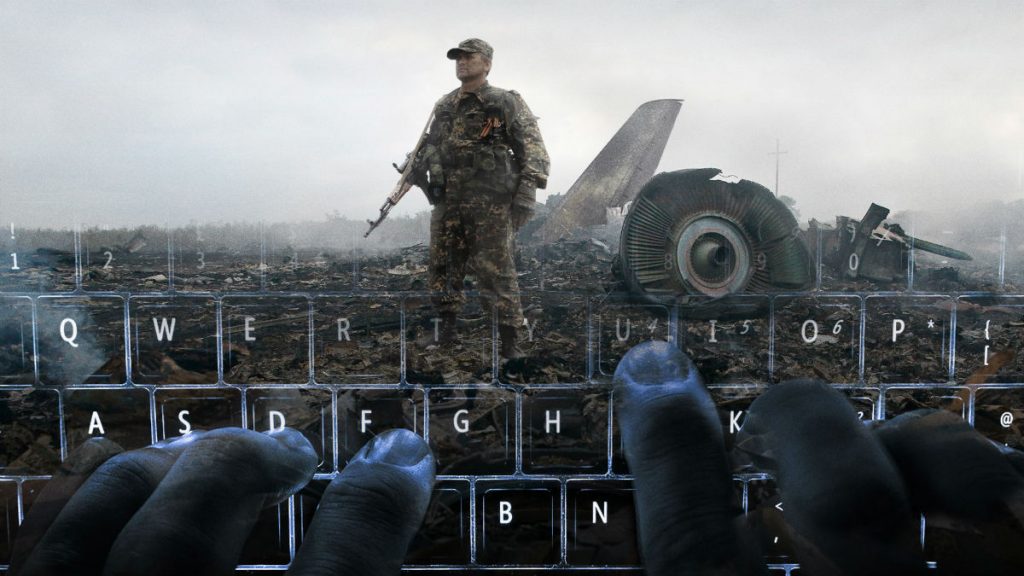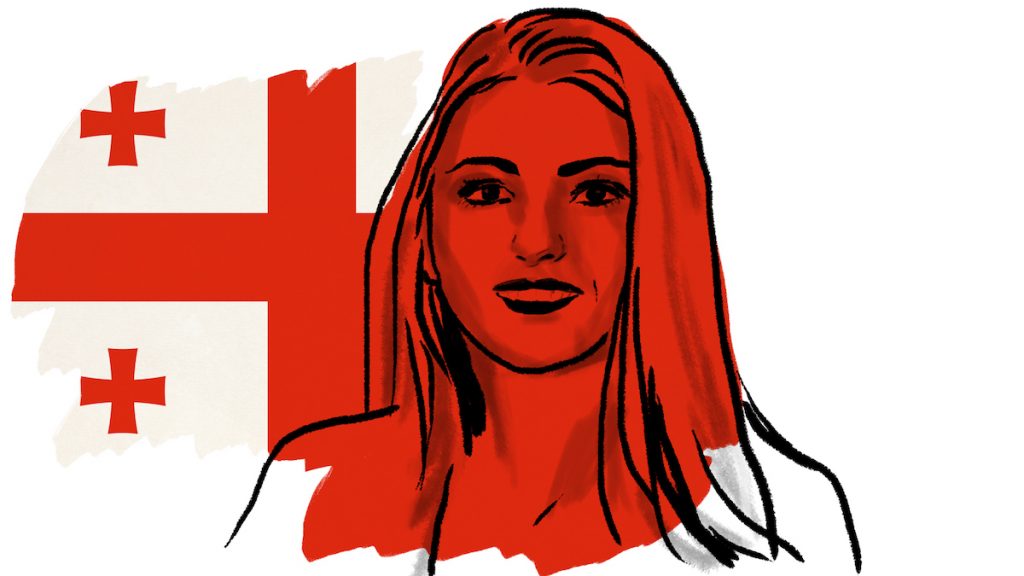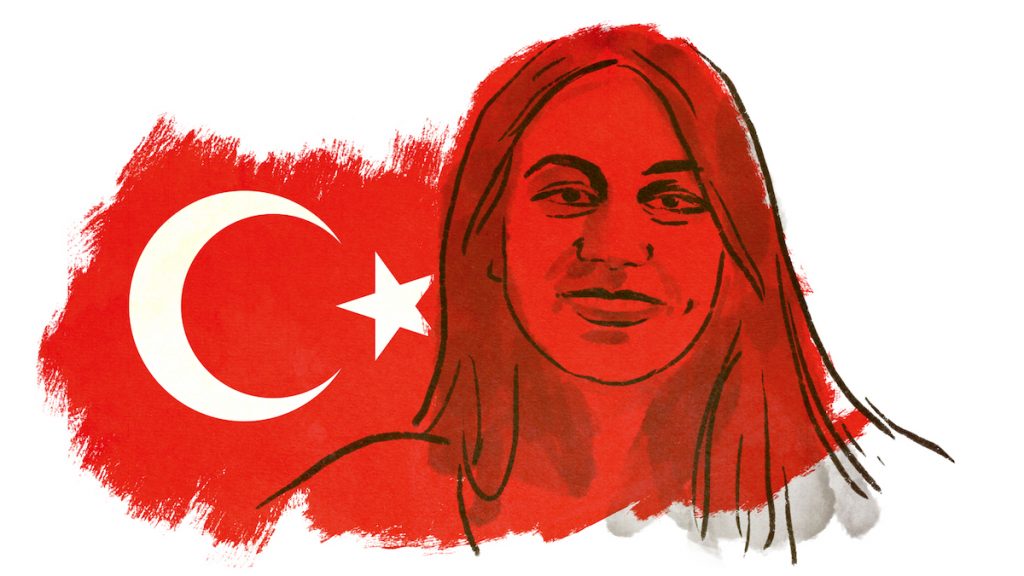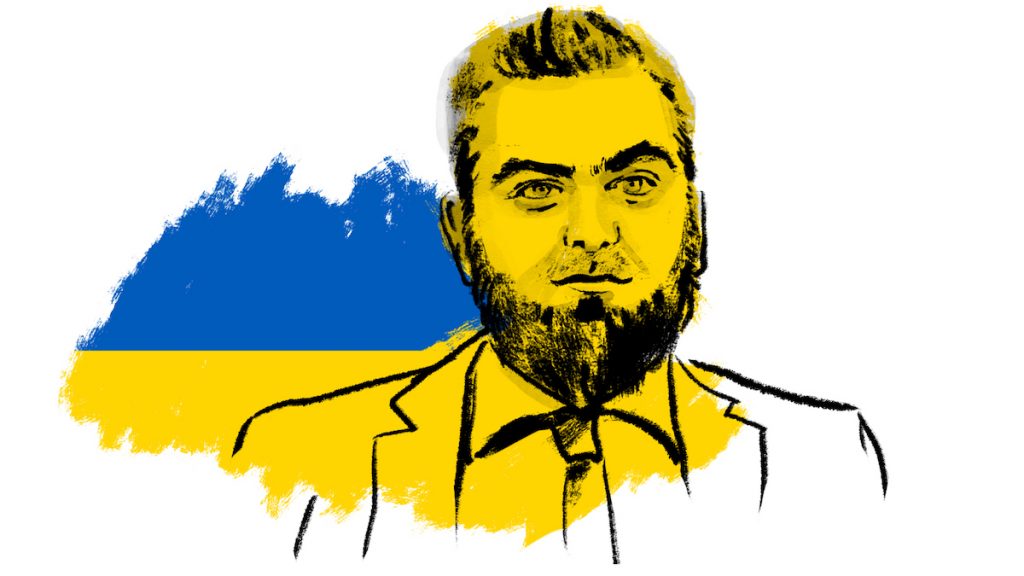The fight against fake news
Coda Story has collected the stories of fact-checkers from different countries telling how they work and what kinds of problems they run into.
In the beginning of the 2000s, a number of fact-checking organisations started in the USA, such as PolitiFact, Factcheck.org, and Fact Checker, affiliated with The Washington Post.
Later, this trend of checking facts and statements from politicians spread around the whole world. But it was not until the US presidential election in 2016 that fact-checking gained widespread popularity.
The Poynter Institute for Media Studies in the USA runs an international site for fact-checkers (IFCN), which brings together journalists from around the world, from Italy and Brazil, and even so far as Zimbabwe and Australia.
According to Reporter’s Lab, fact-checking organisations operate in 150 countries.
However, they are only in countries without authoritarian regimes. In Russia, according to Reporter’s Lab, there isn’t a single fact-checking organisation. The same goes for North Korea. There is one project operating in China, working against disinformation about public health, but they completely avoid politics, which is a taboo topic in the country.
The Bellingcat

The Bellingcat, founded by the British journalist Eliot Higgins, is one of the most well-known projects, which was started in order to expose fake news from Russia following the crash of Malaysian Airlines Flight 17 in Eastern Ukraine in 2014.
Most of the stories that The Bellingcat investigates are connected with Russia. Higgins says that this in not intentional, since the publication’s topics are up to the interests of the journalists themselves, but he also mentions that fake news has become part of the communication strategy of the Russian government.
Georgia: accused of being party tools
FactCheck.ge is the only fact-checking project in Georgia. It was launched in 2013 by the think tank GRASS. Their main goal is to raise the level of government responsibility and create a more transparent and competitive political climate. FactCheck.ge is comprised of experts in economics, infrastructure, medicine, and education.
Mariam Tsitsikashvili, project manager:

“Russian propaganda is aimed at post-Soviet countries which are looking to the West. Georgia is one of the main targets for pro-Russian media, which is an important issue for us.
During the pandemic, we noticed a new trend in pro-Russian media. Whereas before, according to them, everything was bad in the West because of Brexit or immigrants, now they have started blaming all problems on the coronavirus, like, look at the collapse of Europe, check out these numbers in Italy. They tried to give the impression that only “proper” countries, i.e. Russia and China, could help take care of the pandemic.
In some regions, members of the Armenian and Azerbaijani minority communities are left out of the discourse entirely, because the government only speaks Georgian. So they have no choice but to trust Russian channels, which started by denying the existence of the virus, and now speak about a vaccine only by saying how it would be dangerous and unhealthy. As such, people have started to refuse to get tested for Covid-19, and whole villages have needed to be completely isolated and put under long-term quarantine.
We are often criticized and get called tools of this or that political party. When you have an independent project, you always get labelled with whatever political party is in power at the moment. But I believe that those people who are accusing us of that really know that we are working for the truth”.
Turkey, 57% of people avoid the news
The project started in 2016. Teyit is the only independent fact-checking organisation in Turkey which works on social and government media.
Gülin Çavuş, Teyit’s chief editor:

“Our greatest achievement has been getting our fact-checking videos streamed in public transport in Istanbul since October 2019. We get up to four million views a day. Since the start of 2020 Teyit’s content has been on more than eight thousand screens throughout the city.
Our partnership with one of the largest Turkish television channels, Habertürk TV, started with debunking the fake news that Turks couldn’t be infected by the virus because of their genes. Now we share three videos about new fake news on the pandemic with them every day, and we advise them on how to recognize false information in WhatsApp group chats.
In addition, we have have a contract with Facebook, where we check their publications and verify their information on Turkey.
57 percent of the population in Turkey doesn’t care about the news. We want to change that, to build a new media, to help new journalists and fact-checkers, and to create a new generations of journalists”.
Ukraine: Politicians lie
VoxCheck is a sub-project of the independent think tank VoxUkraine, found after the 2015 protests. VoxCheck has their own television program, and during the pandemic, they released a series of four-minute videos about fake news on the coronavirus.

Maxim Skubenko, head of VoxCheck: “We were writing blogs about economics, because all of the problems and politics come down to that. But eventually we decided that blog is not enough. Ukrainian politicians just love to lie, manipulate people, and publish demagogic statements.
One of our greatest achievements has been our partnership with television channels and radio stations. We are very proud of our work with Facebook, where our fact-checkers check fake news, promote valid information, and stop spammers from getting financial support.
Another very important work of ours, in my opinion, is our ranking of the lies of politicians and our “Lie Anthology”, which is a database of debunked fake news on various topics, from medicine to corruption.
Our motivation is to reach a point where people can reach the truth with facts. We live in a world where everybody is trying to manipulate people. And we consider every single person who has changed their mind because of us to be a victory. It just takes one person to find something out and tell someone else about it to change the country. When people start thinking, then they will change the country for the better. These are small steps, but if we take them one at a time, we’ll reach our goal eventually”.



















